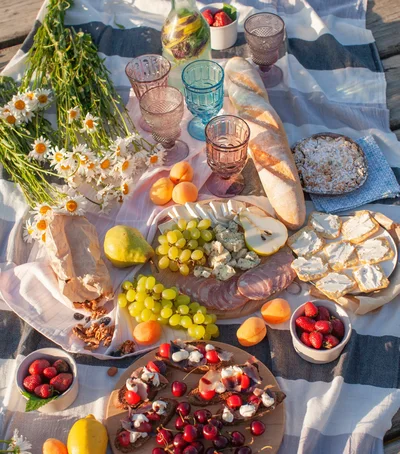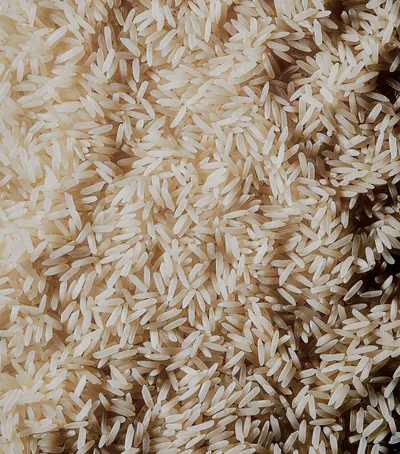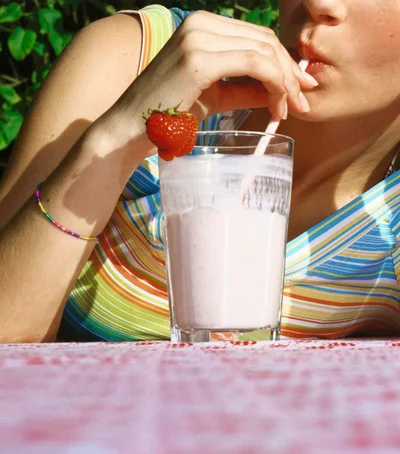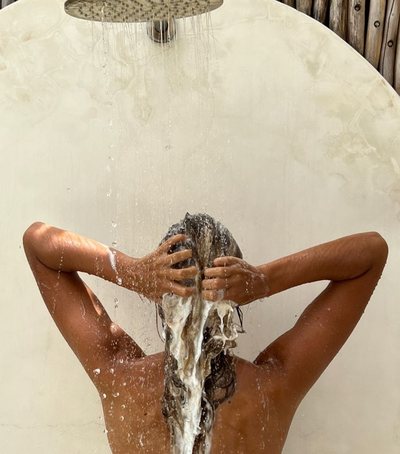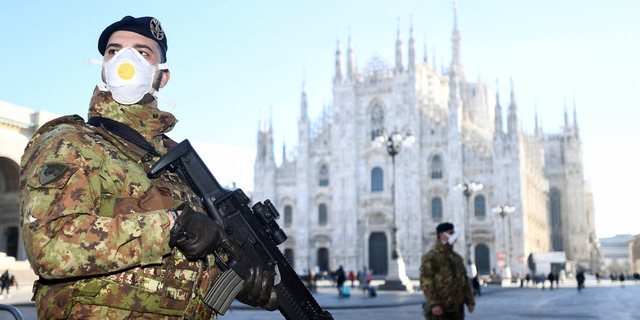
By Beppe Severgnini
Krema, Italy - An open society in isolation: it's almost an oxymoron, a game of the mind. As it happens, and life changes abruptly. It's happening to me, and all Italians. Heading north, where I live, and now across the country. Everything is closed: no more school, no meetings, holidays, cinemas, theaters, no sports activities.
There is no open bar and restaurant. No stores are allowed to open, except for groceries and pharmacies. As of Thursday across the country, 15,111 people have been affected by coronavirus (about half of whom are in hospital); 1,016 have died, and 1,258 others have recovered.
The slogan of the day of the Italian government is summed up in just 3 words: "Stay at home". But what happens during an epidemic of everyday life in a small, old town near Milan?
The cream is beautiful, rich and proud. An Italian community where everyone knows each other. He has been talked about in many books, and here is the famous film 'Call Me by Your Name'. Outside the window of my house, I can see the entire main square, Piazza del Duomo.
As I write, it's 10am and the square is empty. A strange silence dominates. Normally, the square is populated with students, shoppers, farmers, friends who go to the café for their morning cappuccino. Under my window, retirees usually gather to get the first rays of the day.
Today the sun heats the cathedral bricks, only "disturbed" by a cyclist pedaling through the Torracos gate. It looks like she's a woman. Although it's hard to say for sure because of the mask on his face. Even the church bells sound different in the empty calm around.
Even when people come out, they greet each other from a distance. Normally they meet with affection, shake hands, kiss and hug. Italy is a very close contact society. We tend to trust our senses and intuition more than grand ideas (the latter is typically German).
For us, life is food, wine, music, art, design, landscape; the fragrance of the village; family warmth and hugging friends. And these include the mouth, nose, ears, eyes and hands. The fear of Covid-19 forces us not to use some of these senses. And that's painful.
The creek is less than 24km away from the outbreak of the epidemic in Kodonjo and Castiglione d'Ada, and our hospital is packed full of Covid-19 patients. I know some people who work there, doctors and nurses. They are very tired but do not give up. The public health service in Lombardy is the best in Italy, and the Italian health system is widely regarded as the best in Europe.

But the situation is is difficult. As of Wednesday, there were 91 cases with Covid-19 alone in Krema, and 263 others in the wider area known as Kremasko. On Tuesday, 3 young people launched a fundraising campaign to support our hospital. Within the day they raised 80,000 euros.
"But what can you do with this money if there is no protective equipment for doctors and nurses?" - an acquaintance of mine who works at this hospital who tested me for coronavirus asked me. Now that people are all at home and have more free time available, you can assume that our emails will be full of messages.
In fact this is not the case. Most of the emails announce cancellation of public events and termination of various services. Even the many WhatsApp messages that flooded our phones with news and jokes at the start of the epidemic have now lined up.
Only Facebook posts continue. People post small manifestos to tell the outside world what they are thinking, like messages in a "digital bottle".
After lunch - at home with my wife, Ortensia: Large gatherings to be avoided. So we go out for a walk with our dog, Mirta. We're allowed to do this. Detailed government instructions include a list of tips, and village walks are allowed "as long as they do not take place in a group, and maintain a distance of 1 meter from each other".
Other common questions? "Can I get to work?" (Answer: Yes, but you must prove that you will go here). "Can I go meet my friends in another city?" (Answer: No). "Can I go on vacation?" (Answer: Forget it!).
We stroll enjoying the sunlight between the flat plains, and the shallow monopaths, with snow-capped mountains in the background around the city of Bergamo. The sky is blue. Mirta - of the Labrador race - is very oblivious to the epidemic, and enthusiastic about the smell of the coming Italian spring.
Along a trail normally used by local farmers, we meet some runners. Greetings from a distance. No one stops. Our 27-year-old son Antonio runs a restaurant not far from here, on the edge of a small artificial lake created by a water source from the Serio River.
It employs 6 people, almost older than them. They tried to keep up, but earlier this month new rules forced the restaurant to close. Some employers in Italy's large tourism industry have been laying off their staff, or forced unpaid holidays.

Antonio decided to pay salaries to his staff even though the restaurant is staying closed. But how long can he afford this? We return home, along semi-deserted roads. Turns on the TV. Serie A, Italy's top football league, has been suspended. There is no match.
I return to the office to finish writing my column on "Corriere della Sera".
I'll go to the newsroom tomorrow. Milan is 48 km away. I will need to have my journalist card with me, and if the police stop me I will need to fill out a form stating that my trip is for business purposes. As I said above, life in the newsroom has changed. Those who have the opportunity to work from home are invited to do so. Current staff in the newsroom has been reduced to a minimum.
Most companies are doing the same thing. In Italy we use the term "intelligent workers", which means that going to work in the office is not such a smart move. But informing the public is vital, and so is the government.
So we keep working one way or another, and it's not a bad thing. We feel like firefighters at war with a great fire. At least we have something to do. In the late afternoon I leave Krema and return home. It's getting dark, the square is still empty.
I walked along the Duomo, a jewel of Romanesque Gothic architecture. It was burned down by a vengeful German emperor in the 12th century after a long siege. The "Creams" - the people of Crema - built a new one. I try to get in the side door, it's open. Inside is darkness. On the side, there is a carved wooden cross of the 13th century, which people in the city begged for help during the plague of 1630-1631, and then that of 1747. Today, there is a woman praying in front of her.
She feels my presence but does not turn her head. I leave the church. Suddenly outside there is music. Finally noise! But we all know what it is. A fool who is spending his days riding his bike along the main roads, with a big boxer mounted on the back of his bike.
Some months ago someone stole his boxing, and residents in Krema raised money to buy a bigger boxing. He seems to like old hits. Today he had put on the song "Ti Amo" by Umberto Toci. It's absurd, but still so beautiful. After all, life in Italy goes on.
Note: Beppe Severgnini is a columnist and editor of the Italian daily Corriere della Sera
"The New York Times" - Bota.al

